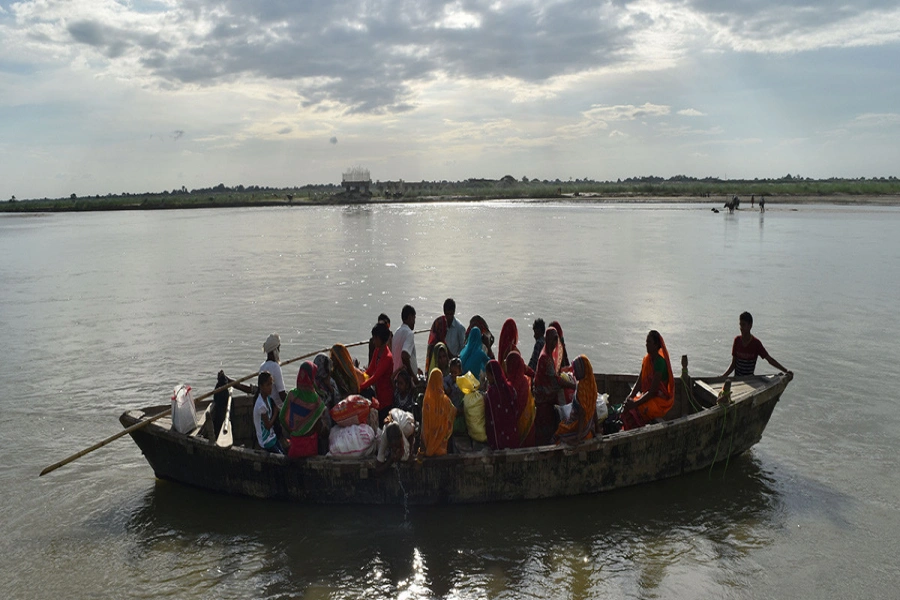KATHMANDU, Nov 6: Fresh debates have resurfaced after the government started preparations to amend the constitution so as to allow naturalized citizens to hold top state positions.
Madhes-based parties have been protesting the new constitution arguing that it has curtailed the rights of naturalized citizens that were guaranteed by the Interim Constitution.
But, the new constitution has given continuation to the rights of naturalized citizens. Interim constitution had envisioned appointment of naturalized citizens as chiefs of constitutional bodies.
Article 155 of Interim Constitution had provisions relating to hearing about, and citizenship of officials of Constitutional Bodies.
“Only those persons who are citizens of Nepal by descent or birth or who, having acquired naturalized citizenship, have resided in Nepal for at least ten years shall be eligible to be appointed to constitutional positions to which appointments are made pursuant to this constitution,” states the Article.
As parties wrestle over naturalized citizenship, thousands don'...

Beside the provision included in the sub Article 2, the constitution was mum on appointment of naturalized citizens as President, Prime Minister and among other top state positions.
The provision kept in the constitution had received criticisms from several quarters. The provision has been dittoed in the new constitution under the pressure from Madhes-based parties.
“A person who has obtained the citizenship of Nepal by descent, a person who has obtained the naturalized citizenship of Nepal or a person who has obtained the citizenship of Nepal by birth shall also be qualified for the office of a constitutional body,” reads the Article 289 (2) of the constitution.
Disputes over 9 state positions
The main reason for the protest by parties and leaders favoring naturalized citizens is the constitutional bar on naturalized citizens to hold nine key state positions.
The new constitution states that the person holding citizenship only by descent shall be eligible for appointment as President, Vice-President, Prime Minister, Chief Justice, Speaker of the House of Representatives, Chief of State, Chief Minister, Speaker of a State Assembly and chiefs of security bodies.
This provision is the main reason behind India’s dissatisfaction over the constitution. During the blockade the southern neighbor had recommended seven amendments to the constitution.




































